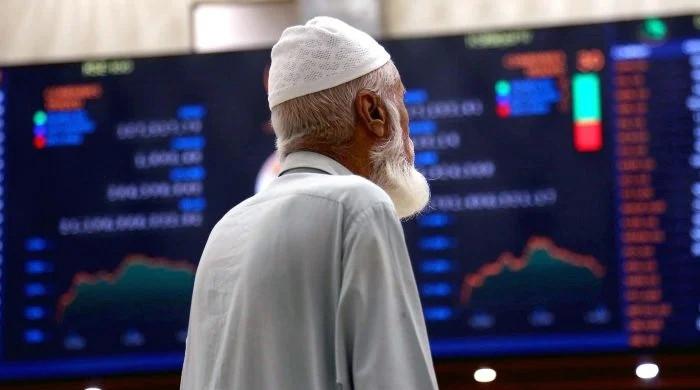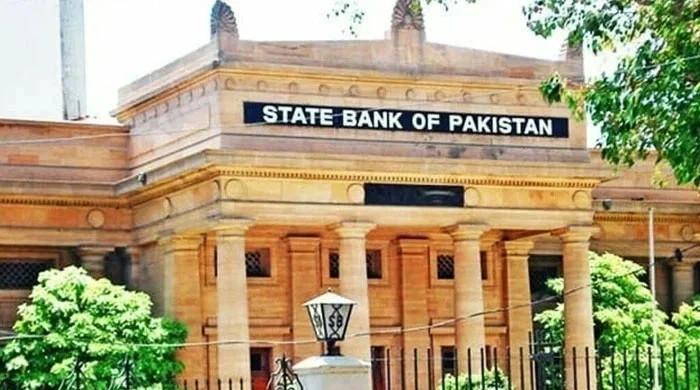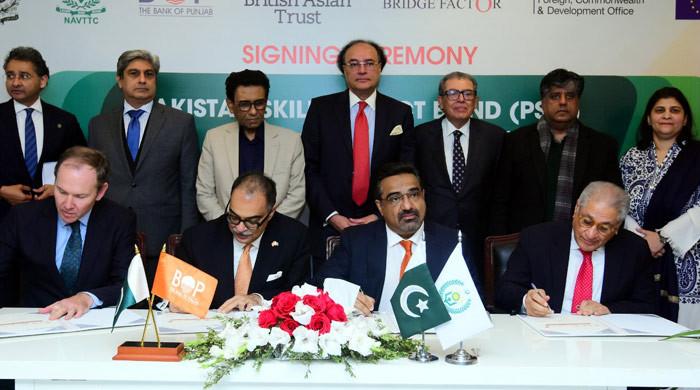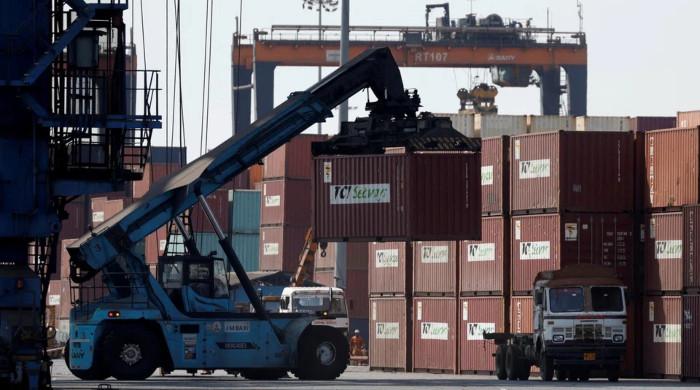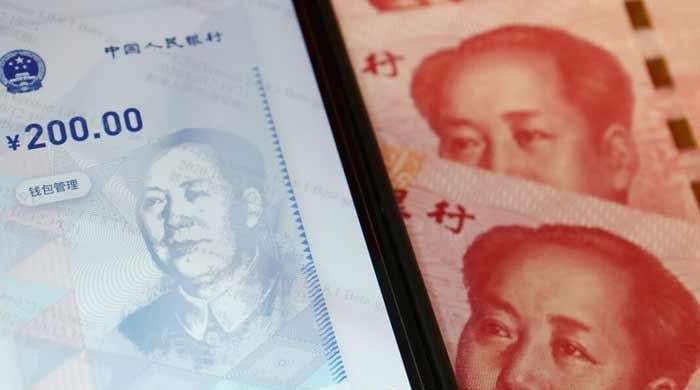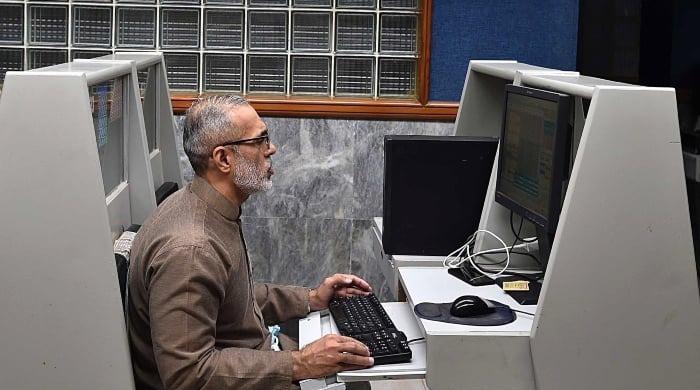Public enterprises to be kept under oversight for reforms: IMF
Implementing 2021 triage reform process is important to durably attract foreign investment, says IMF official
August 24, 2023
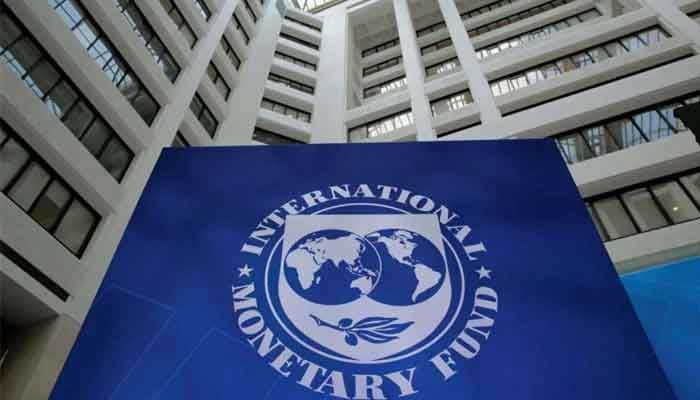
- IMF's Esther Perez Ruiz urges implementing "2021 triage reform process"
- "Premature to consider what will follow the current SBA," says IMF official.
- Pakistan kicked off outsourcing of operations, land assets at three major airports.
The International Monetary Fund's (IMF) has said that Pakistan is required to keep all state-owned enterprises (SOEs) under the finance ministry’s supervision under the reform programme that it had agreed with the global lender.
"Following through on the previously agreed 2021 triage reform process, and other governance and private sector reforms, is important to durably attract foreign investment," the IMF's Esther Perez Ruiz said in a statement to Reuters.
Pakistan has been discussing outsourcing operations of several of its state-owned assets to outside companies.
In March, it kicked off outsourcing of operations and land assets at three major airports to be run under a public private partnership, a move to generate foreign exchange reserves for its ailing economy.
The IMF reached a staff-level pact with Pakistan in June on a $3 billion stand-by arrangement (SBA), a decision long awaited by the South Asian nation which had been teetering on the brink of default.
Perez Ruiz said in the statement that it was "premature to consider what will follow the current SBA, which runs through early 2024."
The foreign exchange reserves held by the State Bank of Pakistan (SBP) increased by $12 million to $8.05 billion on a week-on-week basis, the central bank said in a statement on Thursday.
The total liquid foreign reserves held by the country stood at $13.379 billion as of August 11, the communique added.
The previous Pakistan Democratic Movement (PDM)-led government established Special Investment Council (SIFC) to attract foreign investment mainly from Gulf countries in a bid to boost the country’s reserves.
The SIFC has so far identified and approved 20 projects for attracting multibillion-dollar investments from the Gulf states and others, out of which nine have been converted to the required template.
It has also been considered to hold a study to explore the availability of lithium in Pakistan and joint investment in Afghanistan.





